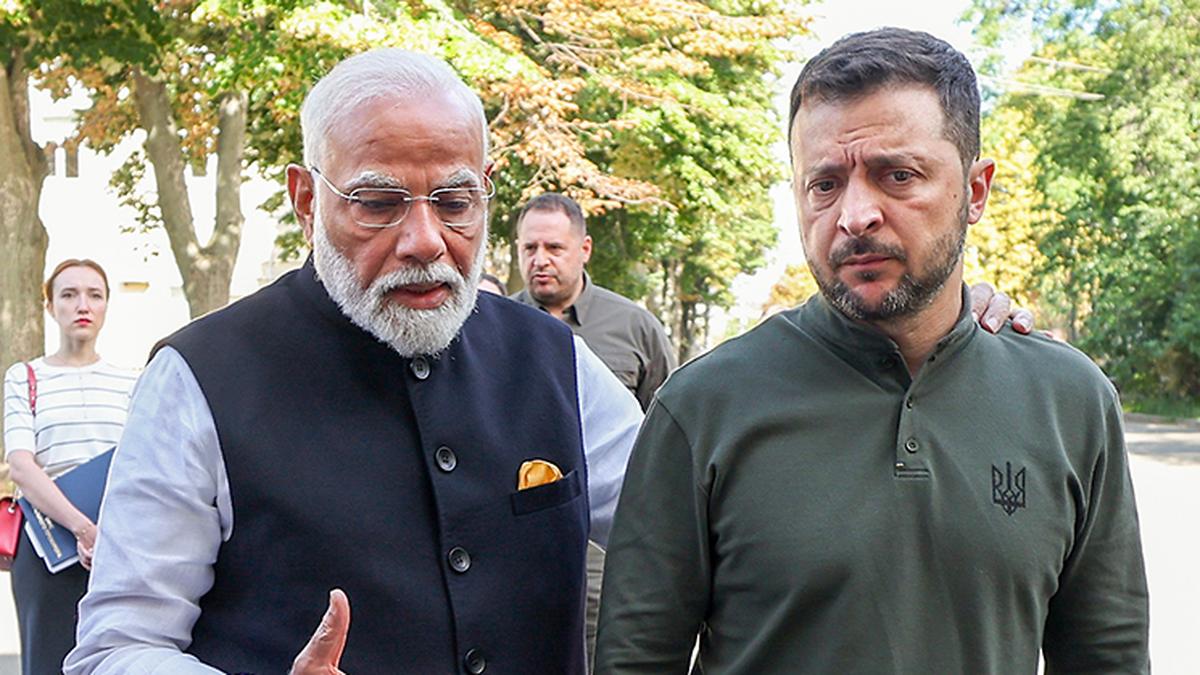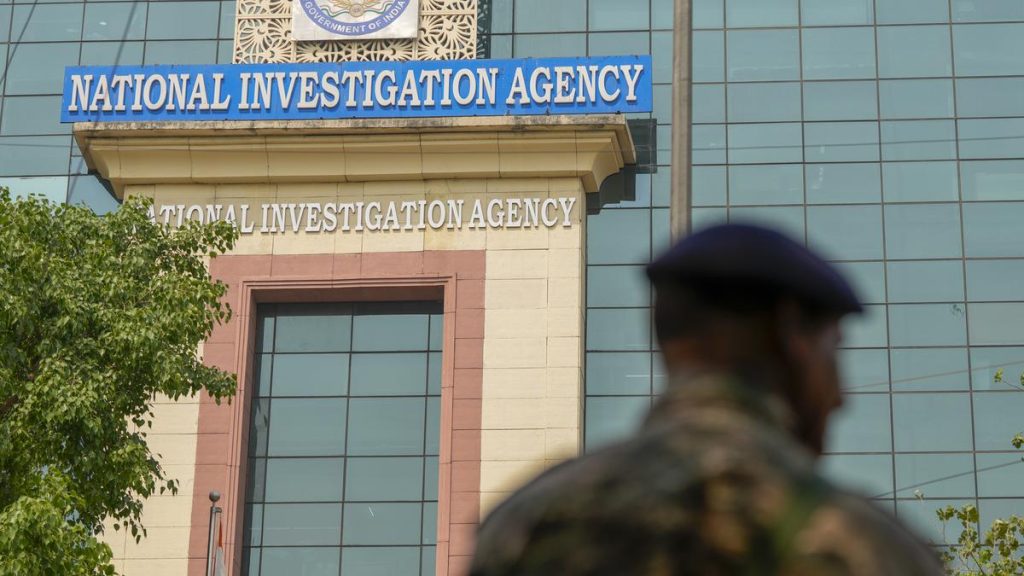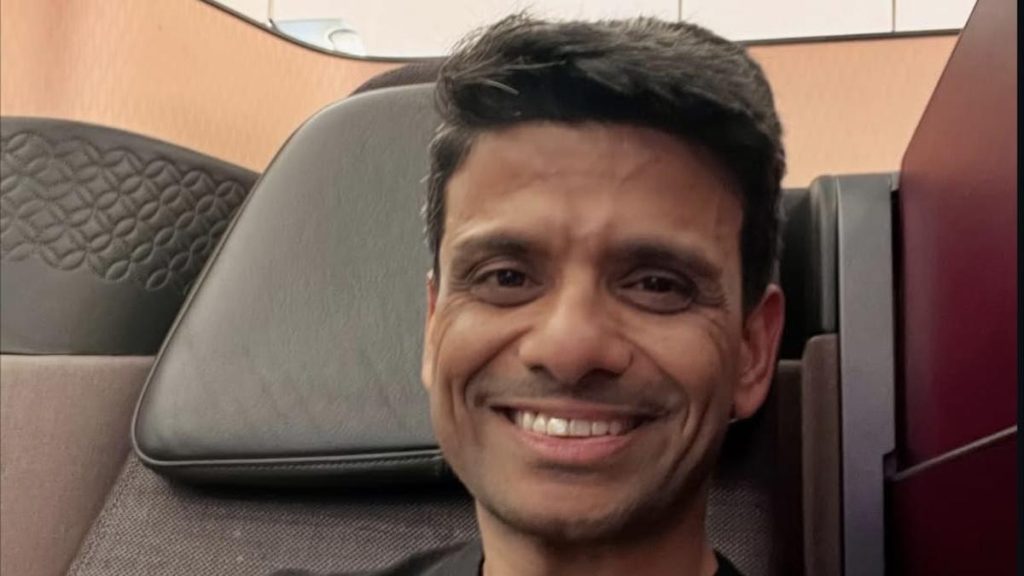Now Reading: Ahead of Putin-Trump Talks, Zelenskyy Seeks India’s Role in Resolving Russia-Ukraine Conflict
-
01
Ahead of Putin-Trump Talks, Zelenskyy Seeks India’s Role in Resolving Russia-Ukraine Conflict
Ahead of Putin-Trump Talks, Zelenskyy Seeks India’s Role in Resolving Russia-Ukraine Conflict

Swift Summary:
- Ukraine President Volodymyr Zelenskyy extended Independence Day greetings to India and urged New Delhi to play a role in resolving the Russia-Ukraine conflict.
- Zelenskyy referenced his telephone call with Prime Minister Narendra modi on August 11, emphasizing shared values of freedom, dignity, and peace.
- He expressed hopes for India’s contribution to securing Ukrainian sovereignty amid concerns over the Trump-Putin Alaska summit scheduled on August 15, where land swaps might potentially be discussed for a ceasefire agreement.
- Ukraine and EU demand peace without territorial concessions to Russia; Donald Trump has indicated “land swaps” could be part of negotiations.
- India is cautiously optimistic about potential talks resulting from the summit while keeping an eye on rolling back incoming U.S. tariffs of 25% on Indian goods set to take effect on August 27.
- Unlike earlier remarks after their phone call, Zelenskyy avoided mentioning India’s increased purchase of Russian oil-a point previously contested as it allegedly finances Russia’s war efforts.
- India has emerged as a notable buyer of Russian energy between 2021-2024 but declined calls from Ukraine and others to scale down imports.
Indian Opinion Analysis:
India finds itself navigating complex geopolitics as the Russia-Ukraine conflict continues alongside broader U.S.-Russia rivalries.While Zelenskyy’s outreach suggests that Ukraine sees India as an influential global player capable of impacting diplomatic outcomes, New Delhi’s balancing act remains delicate-maintaining strong ties with both Moscow for energy security and Washington for trade stability amid rising global tensions.
further complicating matters are Trump’s suggested territory exchanges in ceasefire agreements-a concept that could face backlash in international circles-and looming trade penalties targeting Indian exports. With diplomatic efforts visible through conversations like Modi-Zelenskyy’s recent dialog, India’s position signals cautious optimism while guarding its strategic interests at multiple fronts: geopolitical alignments, export markets under threat by tariffs, and energy dependencies during turbulent times.
Read more: The Hindu article
























